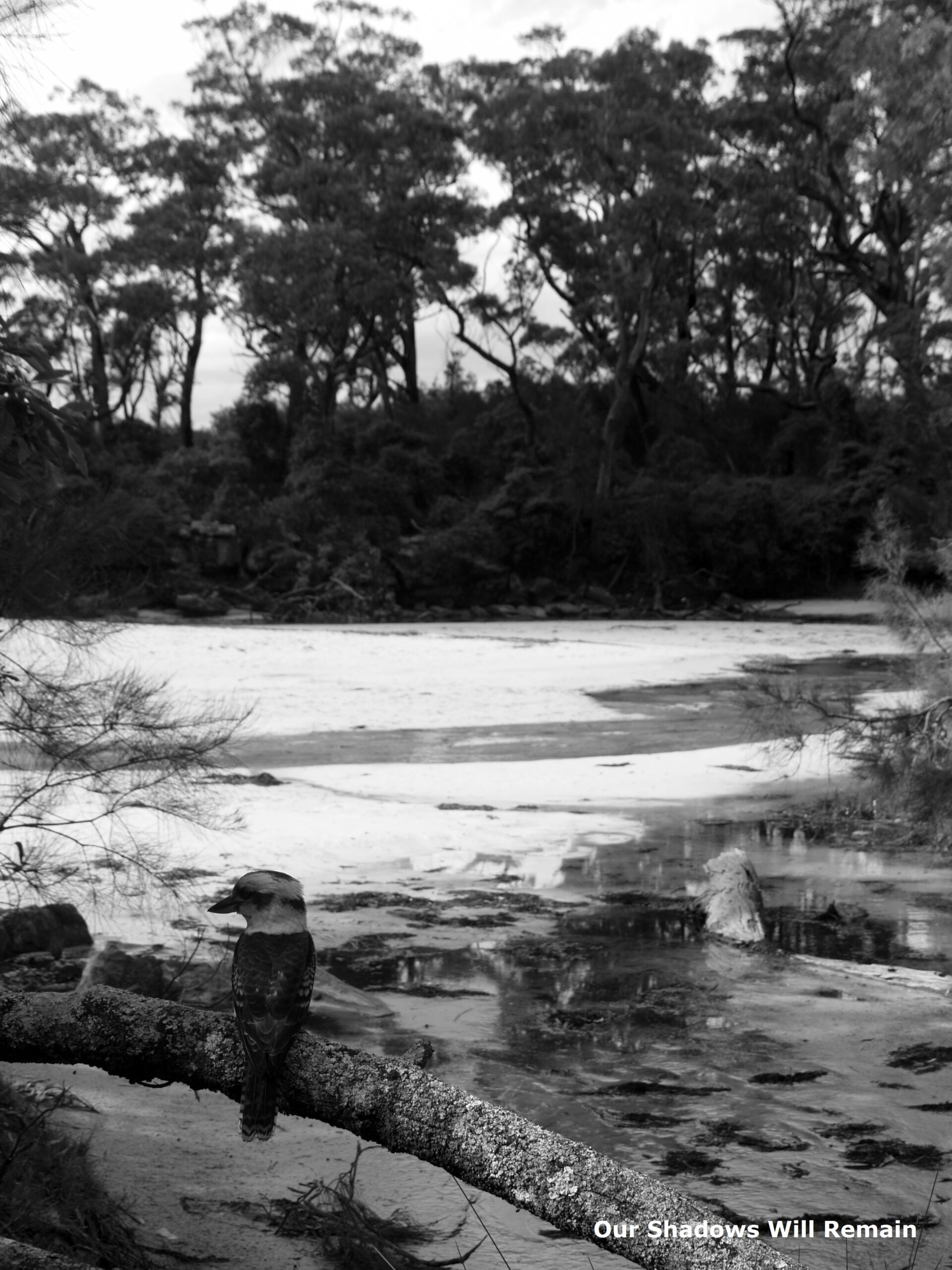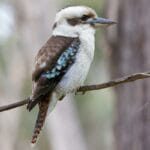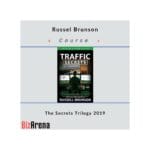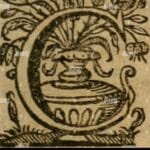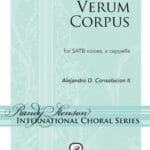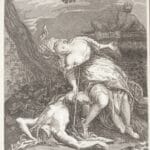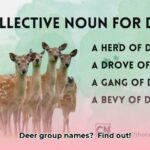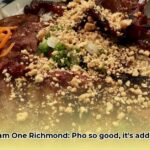Explore the full lyrics of the beloved Australian children’s song “Kookaburra Sits in the Old Gum Tree,” along with its rich history, meaning, and various adaptations. Unlock the secrets behind this iconic tune!
Lyrics and Variations: From Original to Modern
The Original Tune: A Simple Melody
At its heart, “Kookaburra” paints a vibrant image of the Australian bush. Here are the original lyrics, penned by Marion Sinclair in 1932:
Kookaburra sits in the old gum tree,
Merry, merry king of the bush is he.
Laugh, Kookaburra, laugh, Kookaburra,
Gay your life must be.
KIDiddles and Beyond: Exploring Additional Verses
Over time, variations emerged, often adding verses. KIDiddles, for example, includes verses featuring monkeys and a rusty nail. These additions, while entertaining, aren’t part of Sinclair’s original composition. It’s worth noting the nuances of how songs evolve over time through community adaptation.
Lyrical Nuances: A Note on “Gay”
The word “gay” in the original lyrics meant “happy” or “carefree,” reflecting its usage in 1932. Its modern meaning has sparked debate and occasional lyrical changes, especially in educational settings. This evolution highlights the dynamic nature of language and its impact on cultural artifacts.
The Story Behind the Song: Marion Sinclair’s Legacy
In 1932, Marion Sinclair, a young woman participating in a Girl Guides competition, composed “Kookaburra.” She likely didn’t foresee its enduring popularity. The song, initially intended for a campfire sing-along, quickly became a cherished piece of Australian culture and achieved international recognition.
Exploring the Song’s Meaning: Nature’s Joy
“Kookaburra” celebrates the simple joys of nature. The kookaburra’s laugh symbolizes a carefree existence, inviting listeners to appreciate the present moment. Its ambiguous nature allows for personal interpretation, enriching its appeal across generations.
Cultural Impact: From Campfires to Global Stages
“Kookaburra” is deeply embedded in popular culture. It’s a staple in children’s education, often introduced in preschool or kindergarten. Its presence in children’s media, like Barney, further cemented its place in childhood memories. The song’s adoption by Scout groups worldwide showcases its global reach.
The Kookaburra: More Than Just a Laugh
The kookaburra, a type of kingfisher native to Australia, is known for its distinctive laugh-like call. Ongoing research continues to unveil the intricacies of its behavior and ecological importance. They play a vital role in the delicate balance of their environment.
Gum Trees: Guardians of the Australian Landscape
Eucalyptus trees, commonly known as gum trees, are essential to the Australian ecosystem. Providing habitat and resources for various species, including the kookaburra, their resilience and towering presence define the landscape.
“Down Under” and the Copyright Dispute: A Musical Mashup
The “Kookaburra” melody’s influence extended to popular music, leading to a copyright dispute involving Men at Work’s “Down Under.” The flute riff’s similarity to “Kookaburra” sparked a legal battle, raising questions about musical inspiration and copyright.
Kookaburra Trivia: Test Your Knowledge
How well do you know this iconic bird and its song?
| Fact | True/False |
|---|---|
| Kookaburras are owls. | False |
| Gum trees are eucalyptus. | True |
| The song is over 100 years old. | False |
This quiz is just the beginning! There’s a world of information waiting to be discovered about kookaburras, gum trees, and their celebrated song.
Conclusion: The Enduring Appeal of “Kookaburra”
“Kookaburra Sits in the Old Gum Tree” has transcended its humble beginnings to become a symbol of Australian culture. Its simple melody, joyful theme, and connection to nature resonate with people worldwide. It’s a testament to the power of music to connect us to nature, to each other, and to a sense of place.
- Guatemala vs. Costa Rica: Plan Your Trip Smartly - April 16, 2025
- Master Types of Pumps: Ultimate Guide to Selection - April 16, 2025
- Unlock Types of Makeup Secrets: Master Any Look Now - April 16, 2025
